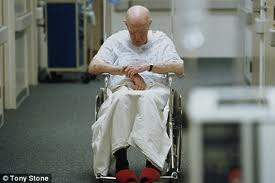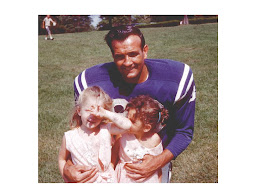No, I have not forgotten the = sign in my EMC2
- is an emerging syndrome that will soon reach epidemic proportions,
- will be the AIDS of the 2010-30 decades,
- may consume massive health care dollars.
EMC2= Elderly (with) Multiple Chronic Conditions
I can give you many examples from just the last few weeks and I suspect my medicine colleagues could rattle off dozens. Recently, I was asked to consult on an 85 year old who slipped on some concrete stairs and suffered a skull fracture and small subdural hematoma (blood clot between the skull and brain). He was lucky and had no real brain injury but he remained in the hospital for over a week because:
- He developed an arrhythmia that led to extensive medical testing
- He experienced extreme difficulty urinating and as a result, suffered a bladder infection
- His degenerative lower back problems greatly inhibited his early mobilization and led to high concerns about the risk of acquiring a blood clot in his leg.
One of my colleagues estimated that within 2 years, one of every three patient would meet the criteria for EMC2. Coordinating their care, balancing their social and medical needs, making decisions about complex multi-pharmacy interactions and conflicting health needs (what is good for the heart may be bad for the brain, what is good for arthritis may be toxic to the aging liver/kidney). Sure, geriatrics has emerged as a specialty but there is remarkably little known about how to best manage these patients, few hospitals have geriatric hospitalists (there are precious few geriatric specialists and even fewer that serve as more than nursing home guardians), and many specialists refuse to defer to a geriatric doctor in managing the many medical concerns of a given patient.
I never like to raise an issue without presenting some constructive suggestions. The first step is clearly acknowledging the problem and bringing together innovative thinkers across the spectrum of medicine and medical education to develop a rapid response to this raging epidemic. I promise a future posting to outline some more specific areas that will need to be addressed and some initial steps I hope the medical community will consider.
I think Einstein would approve.
There are only two ways to live your life. One is as though nothing is a miracle. The other is though everything is a miracle.





